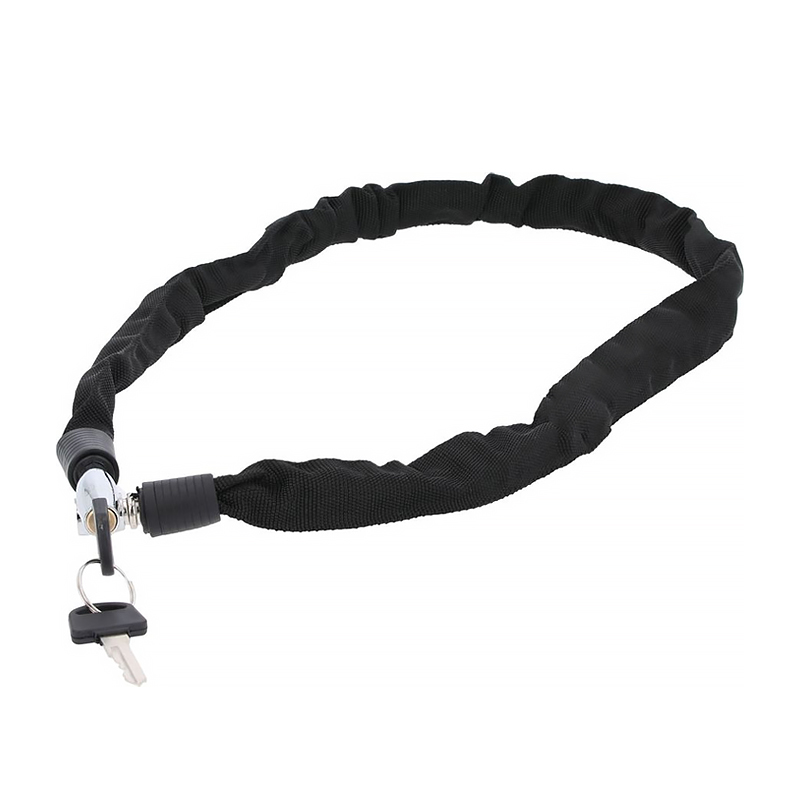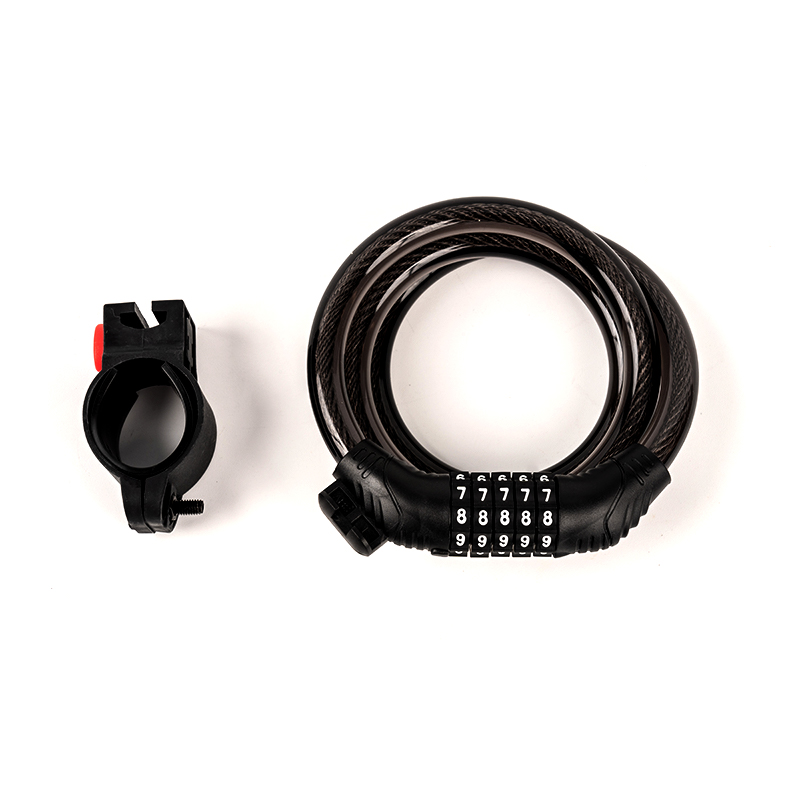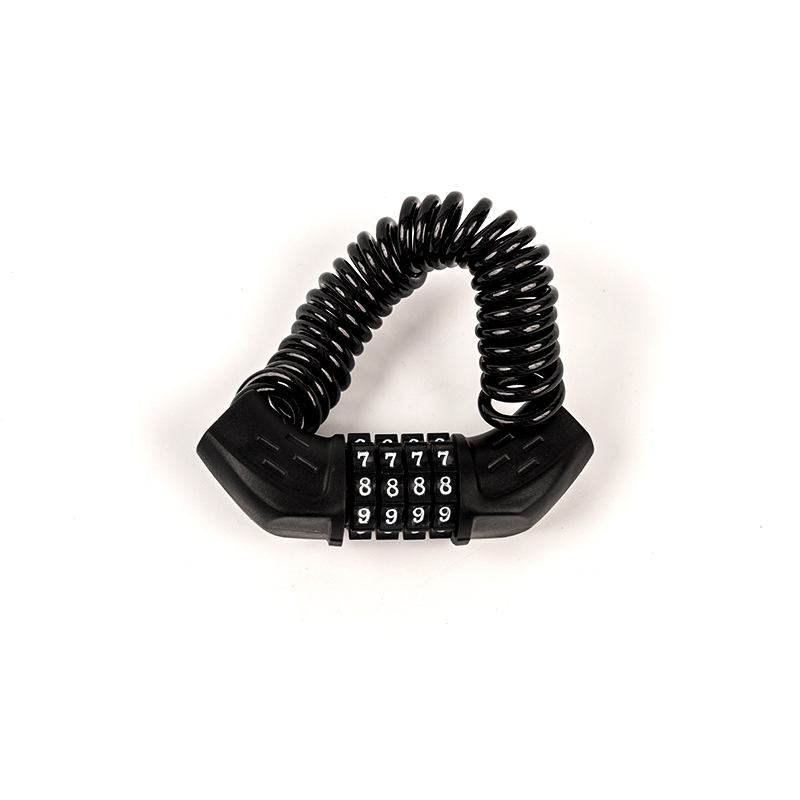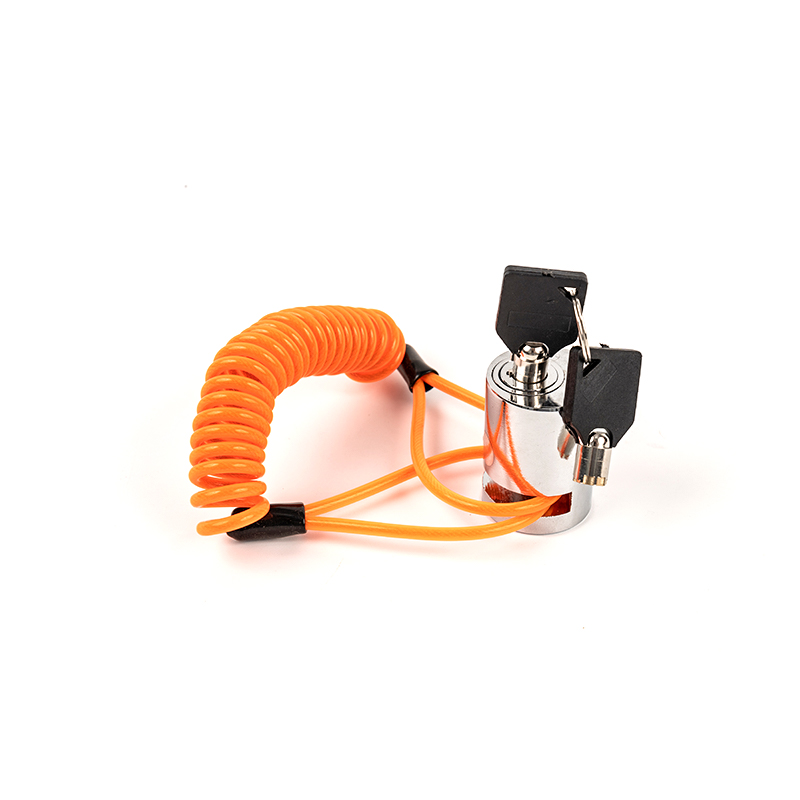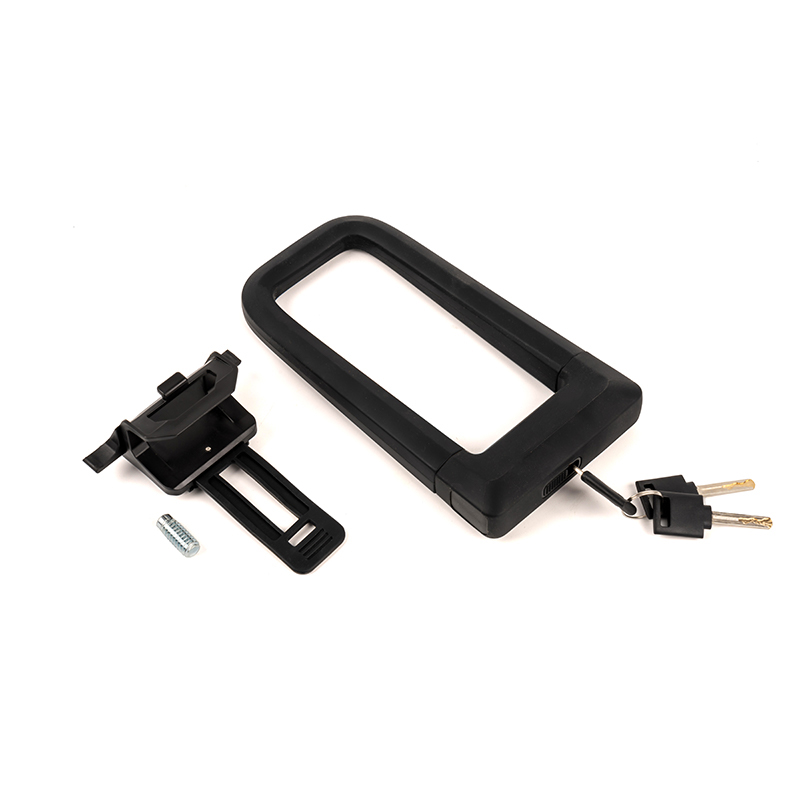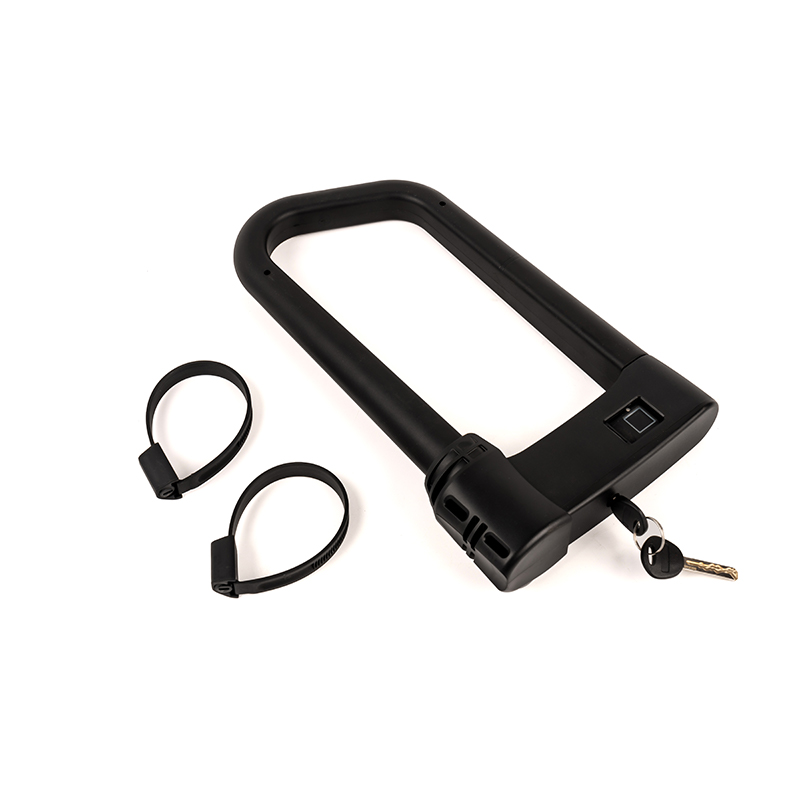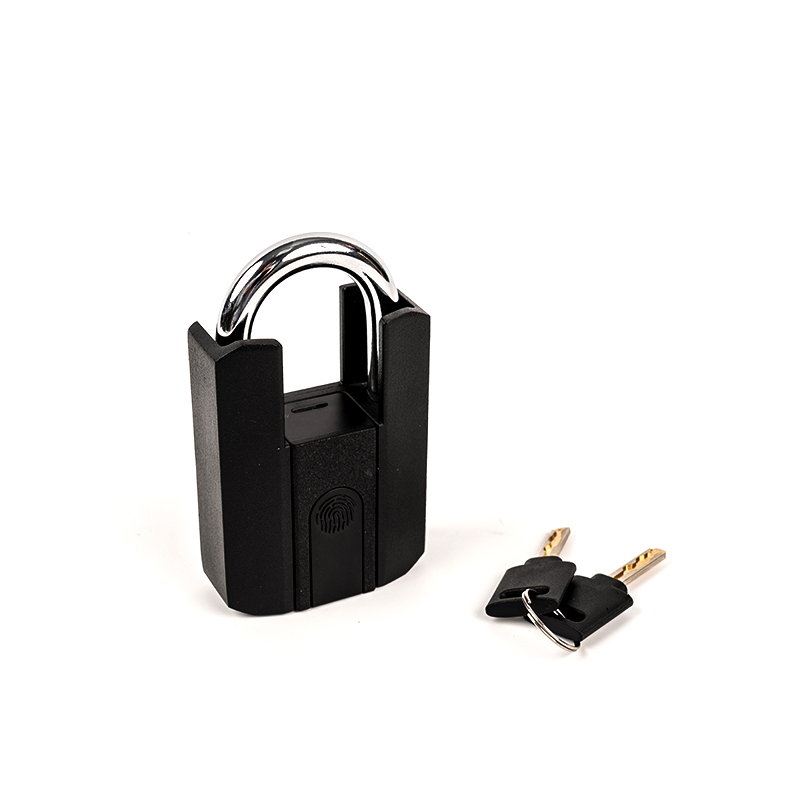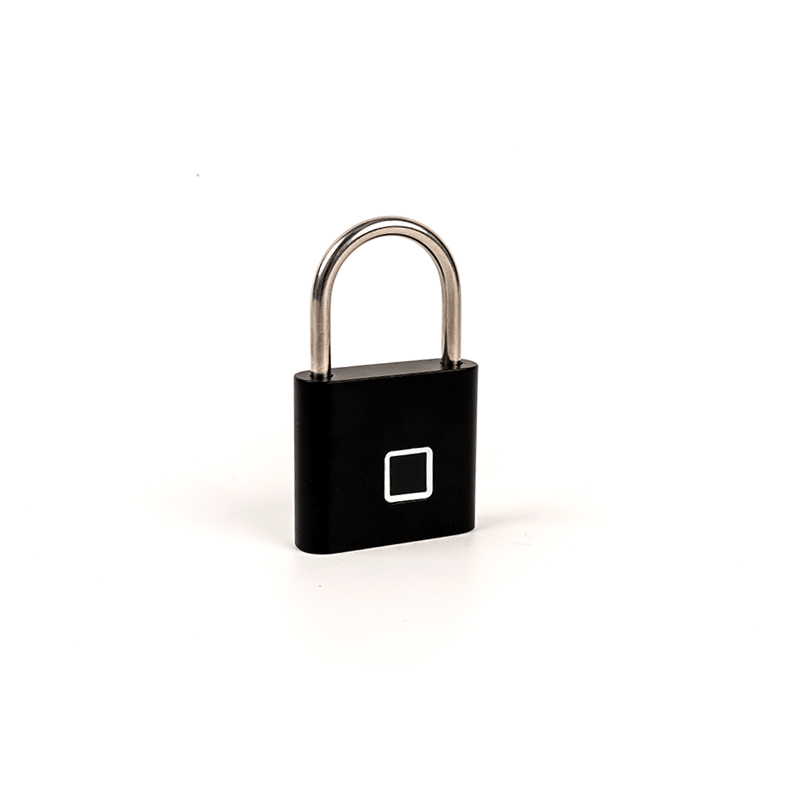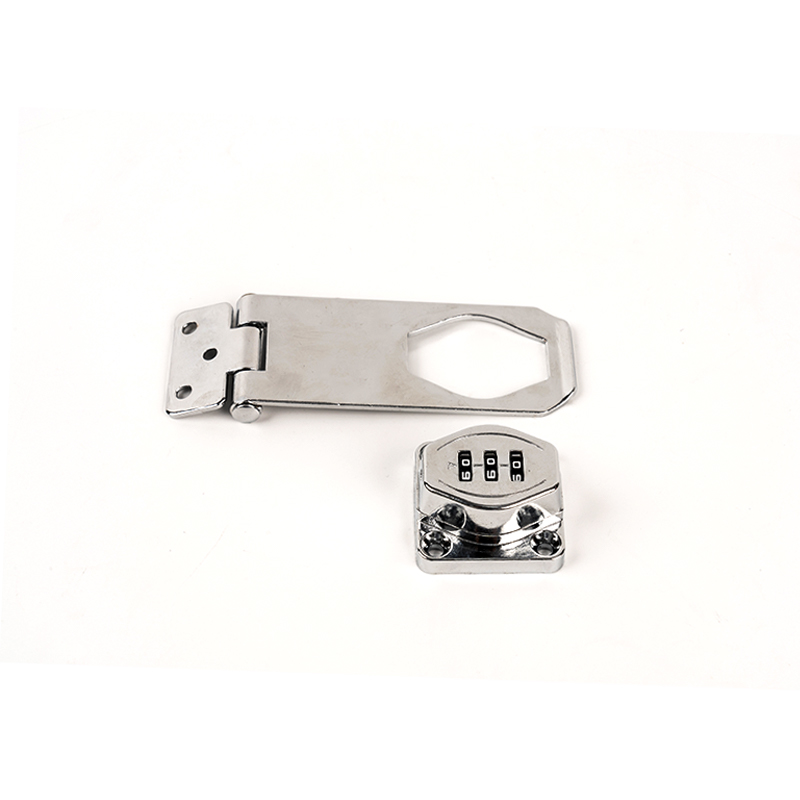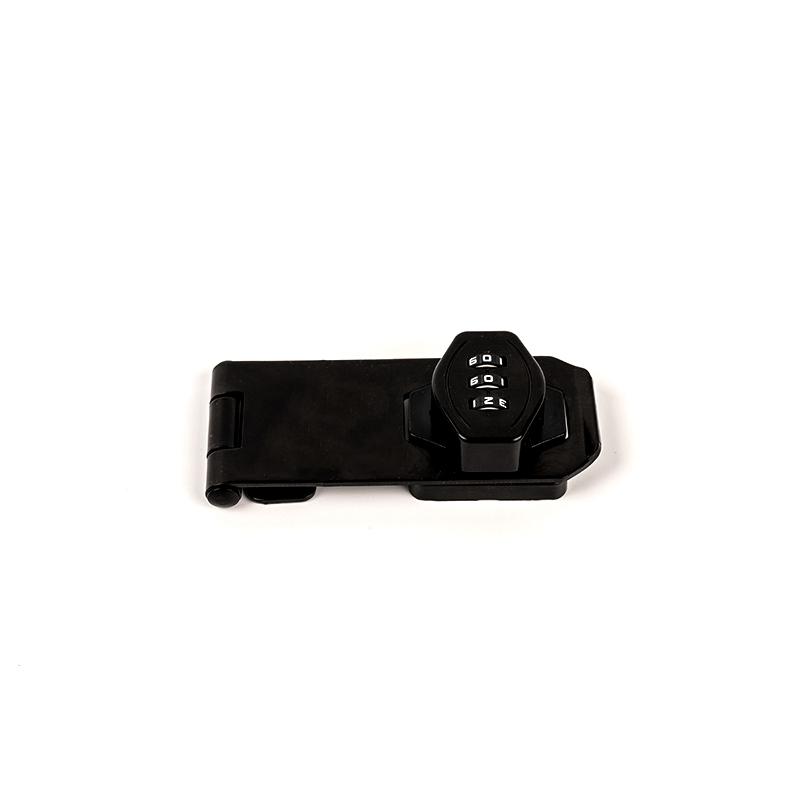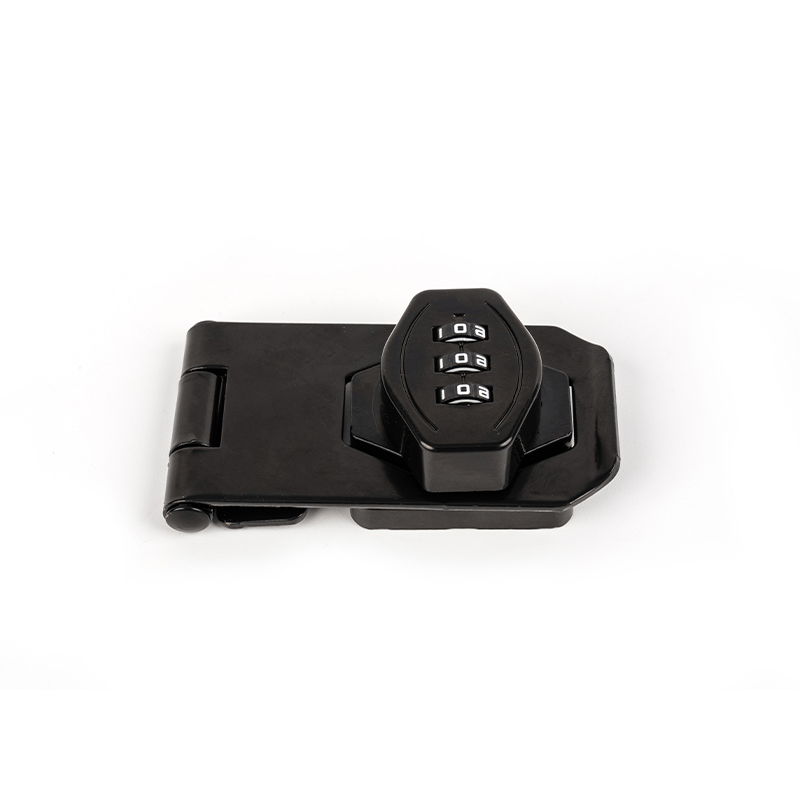When choosing door locks, evaluating their security level and protection capability is a crucial step. This is related to the safety of space and property, and also directly affects the reliability of the overall security system. Door locks Manufacturers usually offer multiple types of locks, each with its own unique security features and protection capabilities.
1. Lock Types and Mechanisms
First, understanding the types and mechanisms of door locks is the basis for evaluating their security level. Traditional pin locks, modern electronic locks, and cutting-edge smart locks each have their own characteristics and applicable scenarios. Pin locks achieve locking through mechanical structures, while electronic locks and smart locks use passwords, cards, or biometrics for keyless entry. Different lock mechanisms determine their protection capabilities in different environments.
2. Security Level and Protection Technology
The security level of door locks is usually determined by their protection technology. Some locks may only provide basic protection against casual intrusions, while high-end door locks are carefully designed to resist advanced picking and tampering techniques. Door locks Manufacturers usually indicate the security level of the locks, such as high, medium, and low, so that users can choose according to their actual needs.
3. Material and structure
The material and structure of door locks are also important factors in evaluating their protection capabilities. High-quality door locks are usually made of strong and durable materials, such as stainless steel, zinc alloy, etc., which have good corrosion and impact resistance. The structural design of the lock will also affect its protection capabilities, such as the complexity of the lock cylinder and the thickness of the lock body.
4. Installation convenience and durability
Although installation convenience and durability are not direct security features, they also have an important impact on the protection capabilities of door locks. Easy-to-install door locks can reduce possible errors during installation and improve overall security. Durable door locks can maintain good protection performance during long-term use and avoid safety hazards caused by wear or aging.
5. Intelligence and remote control functions
With the development of technology, smart locks have become an important part of door locks. Smart locks usually have remote control and monitoring functions, can be operated through smartphones, and integrated with home automation systems. These intelligent features improve convenience and enhance protection, allowing users to monitor and manage door lock status in real time.
6. Certification and standards
Checking whether door locks comply with relevant safety certifications and standards is also an important basis for evaluating their protection capabilities. Door locks Manufacturers usually provide certification information for locks, such as UL, ANSI, etc. These certifications indicate that the locks have undergone rigorous safety testing and meet industry standards.

 English
English русский
русский Español
Español عربى
عربى
